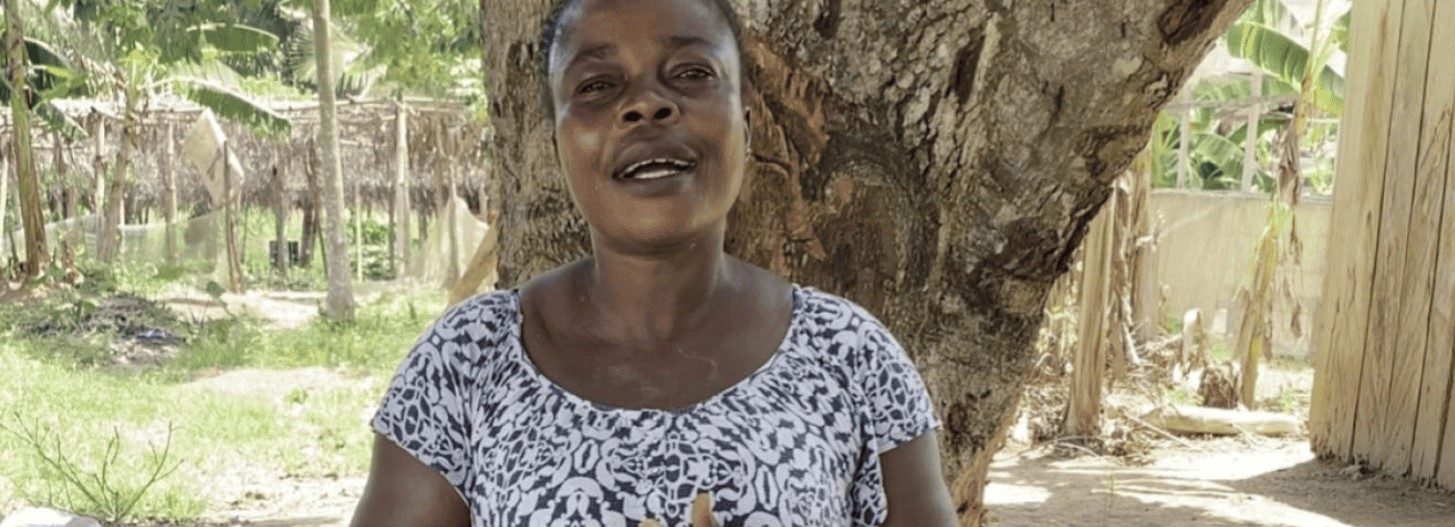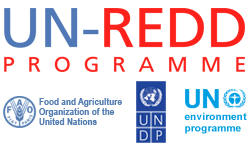
Reforestation Program In Côte
D'ivoire Restores Biodiversity And
Creates Sustainable Communities
Women are disproportionately affected by climate change, but research shows that educating girls and empowering women are key climate change solutions. Since 2021, an ambitious forest restoration project covering 1,000 hectares of sacred forest in Côte d’Ivoire funded by UNEP has been helping women and their families by promoting rural economic development through integrated agricultural production systems.
“The rain has become irregular,” said Seri Lehaba, a 45-year-old mother and president of the women’s association in the village of Gnogboyo. “It doesn’t follow the seasons anymore. And when it comes, it comes down with such force that rather than nourishing the plants and trees, it destroys the soil. Growing vegetables and cultivating other crops has become very difficult.”
The project, which has benefitted from the overall advance in knowledge on REDD+, aims to collaborate with landowners and communities to provide alternative livelihoods and skills to prevent the need for forest destruction through illegal logging, charcoal production or poaching. In addition to a greenhouse donation from the Swiss foundation, FarmStrong, used to grow vegetables for sale, the project includes reforesting the area, as well as planting micro-forests in villages and organizing a local women’s group, now with 144 members.
“We also plant trees outside schools to create barriers and shade,” says Kone Moussa, who follows up on the reforestation projects. “We plant flowers and engage the students by teaching them about the importance of nature. We have produced 75,000 seedlings in the past three years. We involve the local youth to make this happen. Since the project buys the saplings, the young adults have a job, salary and knowledge.”
The project has also worked to restore the area’s sacred forest, le Forêt Classée du Mont Kourabahi, parts of which were destroyed during the conflict in 2010. Now, two hectares have been reforested and are growing back.
“We’ve worked with farmers to help them find ways to diversify and grow their incomes, as well as with communities to access credit for unexpected costs or loans to start a new business,” said Gishlain Andoh, project manager. “Tackling deforestation in the long term is about more than just planting trees. It is about creating the right conditions for farmers to earn a living income and for their families to access education and plan for the future.”
Andoh says they work collaboratively with all stakeholders, including traditional village chiefs, ethnic representatives, Nawa government authorities and cocoa producers, to protect the land in the long term. Alongside new trees, the community plants peppers, manioc, banana and cacao. The cacao benefits from the shade of trees around it, while the community can earn an income from the fruit trees and learn about zero-deforestation cacao production at the same time.
“Reforestation is a key and essential process to capturing carbon and achieving both UN-REDD Programme and Paris Agreement objectives. It is also a pre-requisite for bringing back the forest and its biodiversity within the landscape. However, initiatives like this can’t be successful if not done for and by local communities,” says Yoann Allanic, Technical Advisor for Africa for the UN-REDD Programme.

